With over 2 billion users worldwide, WhatsApp is not just another messaging app anymore, it is a game-changing tool for businesses aiming to engage with customers on a personal level.
Companies can no longer afford to ignore the impact of WhatsApp marketing, especially when looking to stay ahead in the competitive landscape. Its unparalleled reach and high engagement rates make it a must-have in any modern marketing strategy.
In this guide, we will delve into the essentials of WhatsApp marketing, including how to set up your business on the platform, craft compelling messages, and execute effective campaigns that resonate with your audience.
What is WhatsApp Marketing?
WhatsApp marketing refers to the practice of using WhatsApp to promote your business, products, or services.
Unlike traditional marketing channels, WhatsApp enables direct and personalised communication with customers, enabling brands to build stronger relationships and foster loyalty.
This platform supports a variety of marketing activities, from sending promotional messages and product updates to offering customer support and facilitating transactions. The key to successful WhatsApp advertising lies in its ability to deliver targeted, timely, and relevant content that meets the needs of your audience.
To create a successful WhatsApp marketing campaign, hiring a content marketing agency can be an essential solution.
How to Use WhatsApp for Marketing Campaign?
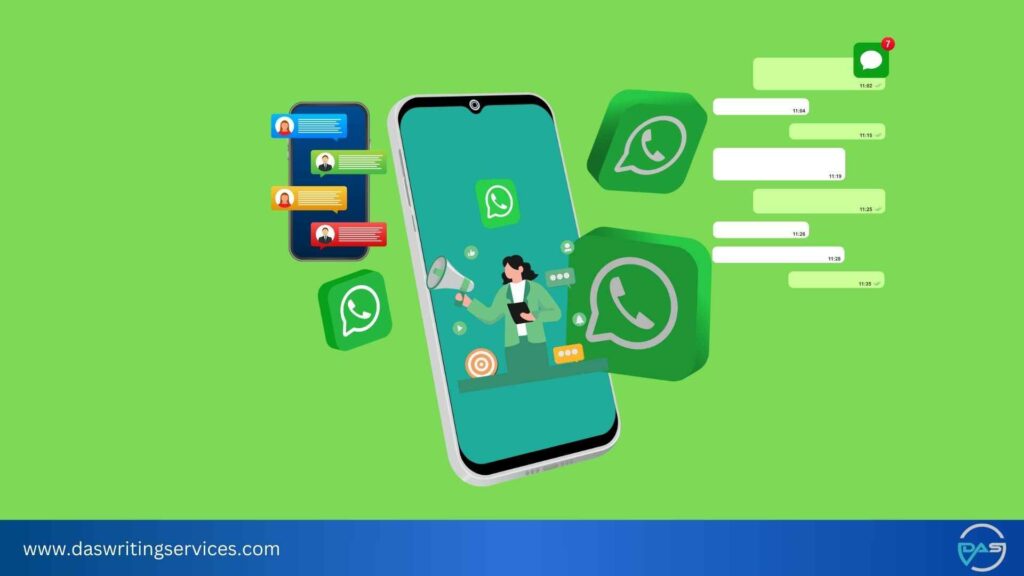
From setting up a professional business profile to automating customer interactions, there are several steps to ensure your WhatsApp marketing strategy is effective and aligned with your content marketing goals. Here is how you can make the most of WhatsApp as a marketing channel:
1. Set Up a WhatsApp Business Account
To start using WhatsApp for marketing, you will need to set up a WhatsApp Business account. This version of the app is designed specifically for businesses and offers features like business profiles, automated responses, labels to organise chats and access to analytics.
Creating a business profile allows you to include key information such as your business name, address, website, and a description of what you offer. This setup not only gives your business a professional appearance but also provides customers with essential details at a glance.
2. Combine WhatsApp with Other Platforms
Maximising the effectiveness of your WhatsApp message marketing requires integrating it with your existing communication platforms, such as email marketing software, CRM systems, or social media content. By doing this, you can create a seamless communication flow that allows you to manage customer interactions across multiple channels.
For example, integrating WhatsApp with your CRM system can help you track customer interactions and provide personalised responses based on their history with your brand. This holistic approach ensures that no customer touch point is missed, enhancing the overall customer experience.
3. Recognise Marketing Campaign Goals and Target Audience
Before launching any campaign, it is crucial to define your goals clearly. Are you aiming to drive sales, increase brand awareness, or improve customer service? Understanding your objectives will guide your messaging strategy and help you measure success. Equally important is knowing your target audience.
Analyse your customer demographics, preferences, and behaviours to tailor your messages to their specific needs. This ensures that your campaigns resonate with the right people and achieve the desired outcomes.
4. Establish Your Entry Points
Entry points are the channels through which customers can engage with your business on WhatsApp. These can include links on your website, social media profiles, email signatures, or QR codes in physical locations.
By strategically placing these entry points, you can guide potential customers directly to your WhatsApp chat, where you can engage them further.
For instance, you could add a “Chat with us on WhatsApp” button on your product pages, encouraging users to ask questions or get more information before making a purchase.
5. Design Your Campaign Message
The success of your WhatsApp marketing campaign heavily depends on the quality of your messaging. Your messages should be concise, clear, and aligned with your campaign goals.
For example, if you are running a promotion, the message should clearly state the offer, its benefits, and how customers can take advantage of it.
Personalisation is also key, use customer data to tailor messages to individual preferences and behaviours, which can significantly increase engagement and conversion rates.
6. Check Your Campaign’s Performance
Regularly monitoring and analysing the performance of your WhatsApp campaigns is essential to understand what is working and what is not. Use WhatsApp marketing tools to track key metrics such as message delivery rates, open rates, click through rates (CTR), and conversion rates.
These insights will help you identify areas for improvement and refine your strategy for better results. For instance, if you notice that messages sent at a particular time of day have higher open rates, you can adjust your timing for future campaigns.
7. Test, Implement and Repeat
Successful WhatsApp message marketing is an ongoing process of testing and optimisation. A/B testing different aspects of your campaigns, such as message content, images, and timing, can provide valuable insights into what resonates best with your audience.
Based on the results, iterate on your strategies to continually improve performance. The key is to remain flexible and willing to adjust your approach based on data and customer feedback.
8. Keep Shoppers Engaged
Engagement is the lifeblood of any successful marketing campaign. On WhatsApp, keeping customers engaged means regularly sending them relevant content that adds value.
This could be anything from product updates and exclusive offers to helpful tips and personalised recommendations. The goal is to keep your brand top-of-mind and encourage ongoing interaction, which can lead to increased customer loyalty and higher lifetime value.
Why Choose WhatsApp As a Marketing Channel?
Choosing WhatsApp as a marketing channel offers numerous benefits that can give your business a competitive edge. Here is why WhatsApp should be a key component of your marketing strategy.
1. Massive Reach
WhatsApp’s user base spans across demographics, geographies, and industries, making it a versatile platform for businesses targeting diverse audiences. Whether you are a small local business or a global brand, WhatsApp offers the potential to reach millions of users who are already familiar with and actively using the platform.
This widespread adoption makes it an ideal channel for businesses looking to expand their reach and connect with a larger audience.
2. High Open, Conversion, and Clickthrough Rates (CTR):
Compared to traditional marketing channels like email, WhatsApp messages have significantly higher open rates, often exceeding 90%. This is because WhatsApp messages are perceived as more personal and immediate, leading to quicker responses.
Additionally, the CTR and conversion rates on WhatsApp tend to be higher, as for most users, it is the default channel for texting.
3. Easy Product Discovery:
WhatsApp’s catalogue feature allows businesses to showcase their products and services directly within the app. Customers can browse through product listings, view detailed descriptions, and even make purchases without leaving the chat.
This streamlined shopping experience reduces friction in the buyer’s journey, making it easier for customers to discover and purchase products. For businesses, this means a higher likelihood of converting interactions into sales.
4. Novelty
While many brands have adopted social media and email marketing, WhatsApp advertising is still relatively new, giving early adopters a competitive edge. The novelty of receiving marketing messages on WhatsApp can capture customers’ attention more effectively than saturated channels. This uniqueness helps your brand stand out and can lead to higher engagement rates as customers are intrigued by the new form of communication.
5. Opportunity to Provide Real-time Sales Assistance
WhatsApp’s instant messaging infrastructure makes it an ideal platform for providing real-time customer support. Whether a customer has a question about a product, needs help with an order, or is looking for recommendations, your team can respond instantly.
It offers the kind of personalised assistance that can close sales and build customer trust. This real-time interaction can also help resolve issues quickly, leading to higher customer satisfaction.
What are Effective WhatsApp Marketing Strategies?
Implementing effective WhatsApp marketing strategies is crucial to maximising the platform’s potential. Let us explore some proven strategies that can help you achieve your marketing goals on WhatsApp.
1. Broadcast Promotional Messages on WhatsApp
WhatsApp allows businesses to send broadcast messages to multiple recipients at once, making it an effective tool for promoting new products, services, or special offers. When crafting broadcast messages, ensure they are concise, compelling, and provide a clear call to action.
For example, a promotional message could announce a limited-time discount, encouraging customers to purchase before the offer expires.
2. Automate Notifications & Reminders on WhatsApp
Automation is a powerful feature of WhatsApp Business that can be used to send timely notifications and reminders to customers. For instance, you can automate appointment reminders, order confirmations, or payment reminders.
By sending these automated messages, you can enhance customer experience, reduce no-shows, and ensure that your customers are kept informed throughout their journey with your brand.
3. Run Direct to WhatsApp Ads
Considered an integral digital marketing channel, running ads on platforms like Facebook and Instagram is an effective way to generate leads and start conversations with potential customers. These ads typically feature a “Send Message” button that, when clicked, opens a WhatsApp chat with your business.
This approach can drive higher engagement, as it allows potential customers to interact with your brand immediately, ask questions, and receive personalised responses.
4. Send WhatsApp Retargeting Campaigns
Retargeting campaigns on WhatsApp can be particularly effective for increasing conversions. By targeting users who have previously interacted with your brand, such as those who visited your website or abandoned a shopping cart, you can send personalised messages that remind them of the products they viewed.
Otherwise, you can also offer them a discount to complete their purchase. Retargeting through WhatsApp leverages the platform’s high engagement rates, making it easier to convert hesitant customers into buyers.
5. Send Carousel Messages
WhatsApp’s carousel feature allows businesses to send messages with multiple images or cards that users can swipe through. This is ideal for showcasing a range of products, services, or offers in a single message. By providing more options in a visually appealing format, carousel messages can significantly increase click through rates and drive conversions.
6. Showcase Products via WhatsApp Catalogues
The WhatsApp catalogue feature is a digital storefront within the app, allowing customers to browse your product offerings without leaving the chat. You can categorise products, and add images, descriptions, and pricing, making it easy for customers to explore what you have to offer.
This feature is particularly useful for small businesses or those looking to provide a seamless shopping experience directly through WhatsApp.
7. Collect Payments Directly Within WhatsApp
WhatsApp supports in-app payments, allowing customers to complete transactions directly within the chat. This feature simplifies the buying process, making it convenient for customers to make purchases without needing to switch apps or visit a website. For businesses, in-app payments can reduce cart abandonment rates and streamline the sales process.
8. Host Challenges and Quizzes on WhatsApp
Engaging your audience with challenges or quizzes can be a fun way to increase interaction and brand awareness. For example, you could host a quiz related to your products or industry, with rewards for those who participate or answer correctly.
This not only drives engagement but also encourages users to share the quiz with their contacts, expanding your reach.
9. Send Personalised Messages on WhatsApp
Personalisation is key to effective marketing, and WhatsApp allows for a high degree of customisation in your messages. By using customer data such as purchase history, location, or browsing behaviour, you can send tailored messages that resonate with individual recipients. Thus guiding their journey through the marketing funnel.
Personalised messages are more likely to be opened, read, and acted upon, leading to higher conversion rates.
10. Automate Support & Sales with WhatsApp Chatbot
Implementing a WhatsApp chatbot can significantly enhance your ability to provide 24/7 customer support and handle sales inquiries. Chatbots can be programmed to answer common questions, guide users through the buying process, and even process orders.
This automation reduces the workload on your support team and ensures that customers receive timely responses, no matter when they reach out.
11. Redirect Website Traffic on WhatsApp with a WhatsApp Button
Adding a WhatsApp button to your website allows visitors to easily initiate a chat with your business. This can be particularly effective for converting website traffic into leads, as it provides an immediate way for potential customers to ask questions or request more information.
By integrating WhatsApp into your website, you create a direct line of communication that can help move prospects through the sales funnel more efficiently.
12. Create & Share WhatsApp Links Everywhere
WhatsApp links are a powerful tool for driving traffic to your chat. These links can be shared across various platforms, including social media, email newsletters, and even offline marketing materials like business cards or flyers.
By making it easy for customers to connect with you on WhatsApp, you increase the likelihood of initiating conversations that can lead to sales.
13. Send messages with Quick Reply Buttons & Call to Action
Quick reply buttons and clear calls to action (CTAs) enhance the user experience by making it easy for customers to respond or take the next step. For example, a message promoting a new product could include a quick reply button that says “Buy Now” or “Learn More.” This not only streamlines the customer journey but also increases the chances of converting leads into customers.
14. Introduce Loyalty Programs for Customers
Rewarding loyal customers through WhatsApp can strengthen relationships and encourage repeat business. You could offer exclusive discounts, early access to new products, or special rewards for frequent purchases.
By communicating these benefits through WhatsApp, you create a personal connection with your customers, making them feel valued and appreciated.
Tips for Writing Effective WhatsApp Marketing Messages
To make your messages stand out and drive meaningful engagement, consider these key tips for writing compelling WhatsApp marketing content. By following these guidelines, you can enhance your communication and achieve better results with your campaigns.
1. Write Like You Are Texting Your Friend
WhatsApp is a casual platform, so your messaging should reflect that. Avoid overly formal language and aim for a conversational tone that feels natural. This approach helps build rapport with your audience and makes your brand seem more approachable.
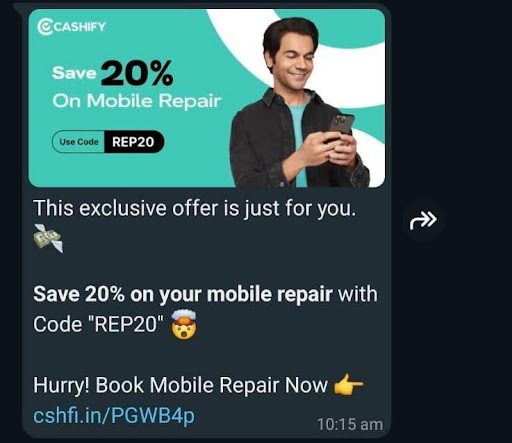
2. Use Emojis, But Not Too Much
Emojis can add a touch of personality to your messages, making them more engaging. However, use them sparingly to avoid coming across as unprofessional. The key is to strike the right balance, enhancing your message without overshadowing the content.
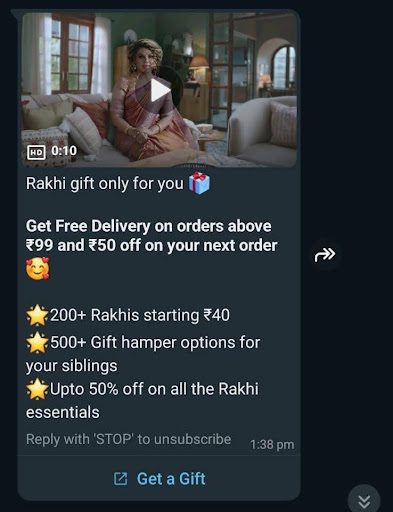
3. Keep it Short
Attention spans are short, especially on messaging platforms. Keep your messages brief and to the point, ensuring that your main message is communicated quickly. This increases the likelihood that your audience will read and respond to your message.
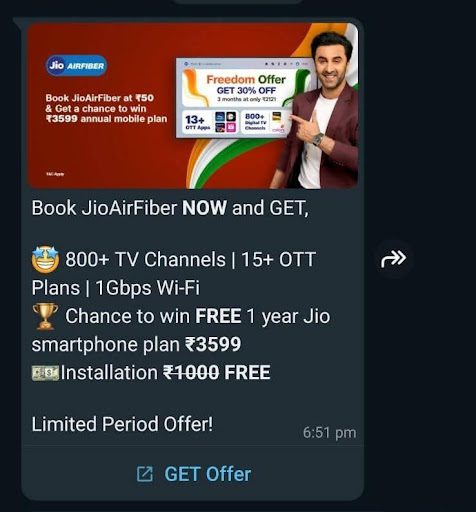
4. One Action per Message
To avoid overwhelming your recipients, focus on a single action or objective in each message. Whether it is encouraging them to click a link, respond to a question, or make a purchase, having one clear CTA makes it easier for your audience to take the desired action.
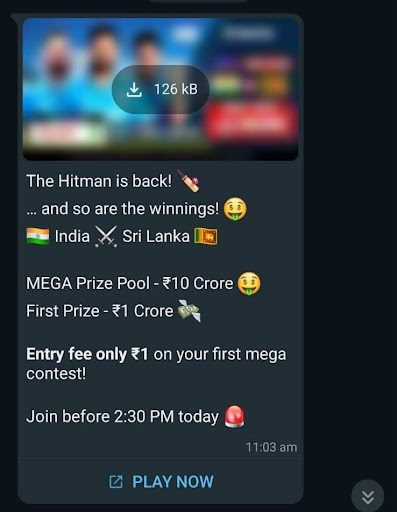
5. Start With a Question
Asking a question at the start of your message encourages engagement by prompting a response. Whether it is a simple “What do you think?” or a more specific inquiry, questions invite interaction and can lead to valuable customer insights.
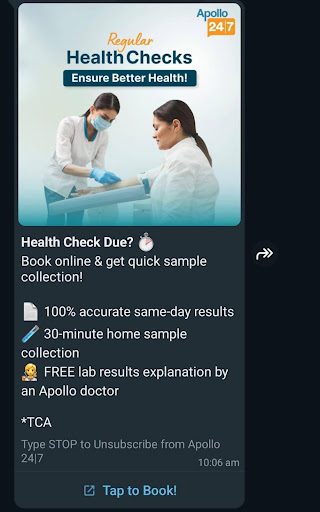
6. A Picture is Worth a Thousand Words
Visual content can be more impactful than text alone. Use images, GIFs, or videos to convey your message more engagingly. For example, instead of describing a product, show it in action with a short video or a compelling image.
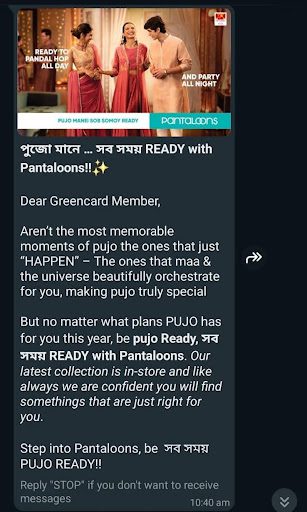
7. Create Urgency
Creating a sense of urgency in your messages can prompt quicker responses and conversions. Phrases like “Limited time offer” or “Only a few items left” can encourage recipients to act immediately rather than delaying their decision.

8. Show How Your Product Helps
Clearly articulate the benefits of your product or service and how it can solve the customer’s problem. Instead of focusing solely on features, highlight the value your offering brings to the customer’s life or business.
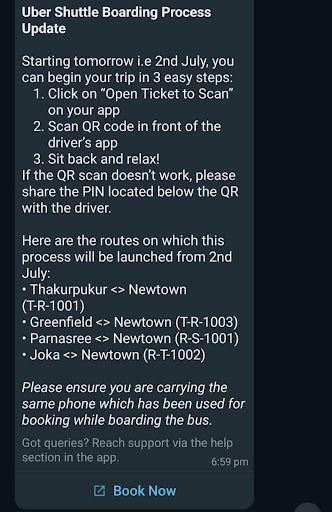
Takeaway
WhatsApp marketing is a powerful tool that can transform the way you connect with your customers. By implementing the strategies outlined in this guide and crafting messages that resonate with your audience, you can unlock new opportunities for engagement, growth, and sales.
Whether you are just getting started or looking to refine your approach, the key to success lies in understanding your audience, personalising your messages, and continually optimising your campaigns for better results.
Frequently Asked Questions
To avoid your messages being marked as spam, make sure you have permission from your recipients to contact them via WhatsApp. Personalise your messages, avoid sending excessive promotional content, and provide value in every interaction. Regularly clean your contact lists to remove inactive numbers and respect opt-out requests to maintain a positive reputation.
The best times to send WhatsApp messages depend on your audience’s behaviour and time zone. Sending messages during business hours or early evenings on weekdays yields higher engagement. Analyse your message performance and audience interactions to identify the optimal times for your specific audience.
Track the effectiveness of your WhatsApp marketing campaigns by monitoring key metrics such as message open rates, click-through rates, and response rates. Use analytics tools available within the WhatsApp Business API or third-party integrations to gain insights into your campaign performance and make data-driven improvements.
Yes, it is possible to automate WhatsApp marketing while maintaining personalisation. Use chatbots and automated messaging systems to handle routine inquiries and follow-ups. Ensure your automated messages are tailored based on customer data and interactions to retain a personal touch.
Content that works best on WhatsApp includes personalised messages, promotional offers, product updates, interactive quizzes, and multimedia content such as images and videos. The key is to keep your content engaging, relevant, and concise to capture your audience’s attention and encourage interaction.
The frequency of sending WhatsApp marketing messages should be balanced to avoid overwhelming your recipients. Aim to send messages that provide value and align with your campaign goals. Regularly evaluate engagement rates and feedback to determine the optimal frequency for your audience.
Subhodip Das is the founder and CEO of Das Writing Services Pvt. Ltd. He has an experience of 12 years in the field of Digital Marketing and specialises in Content Writing and Marketing Strategies. He has worked with well-established organisations and startups helping them achieve increased Search Engine Rank visibility. If you want to grow your business online, you can reach out to him here.
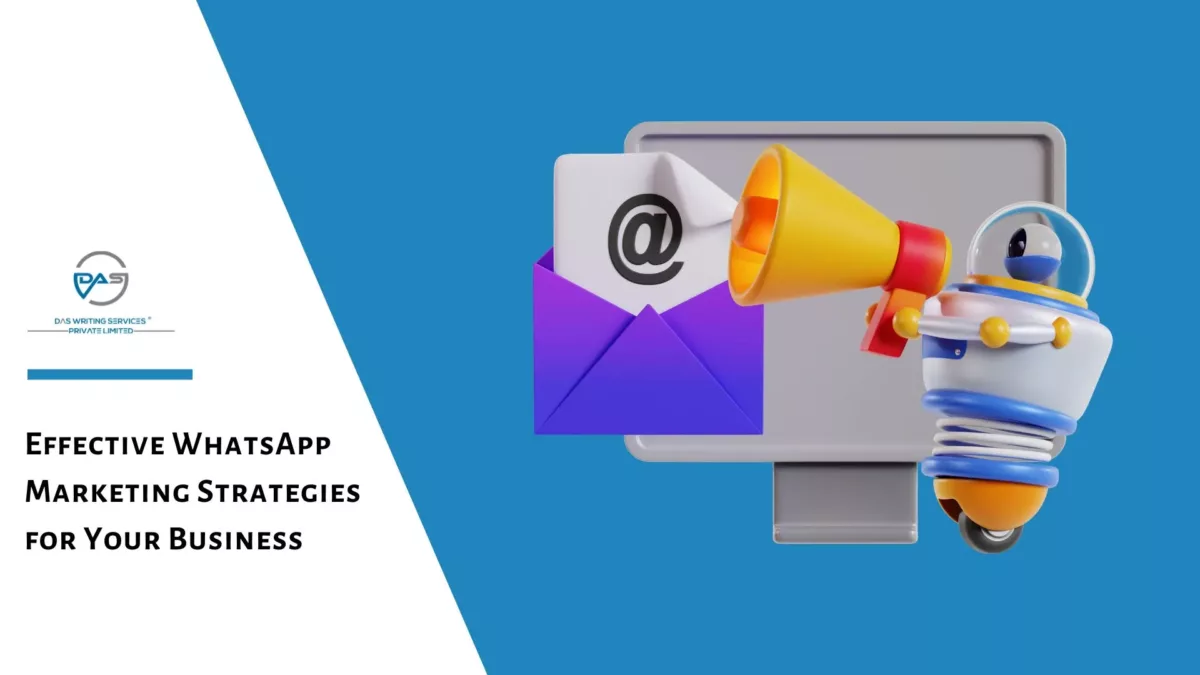
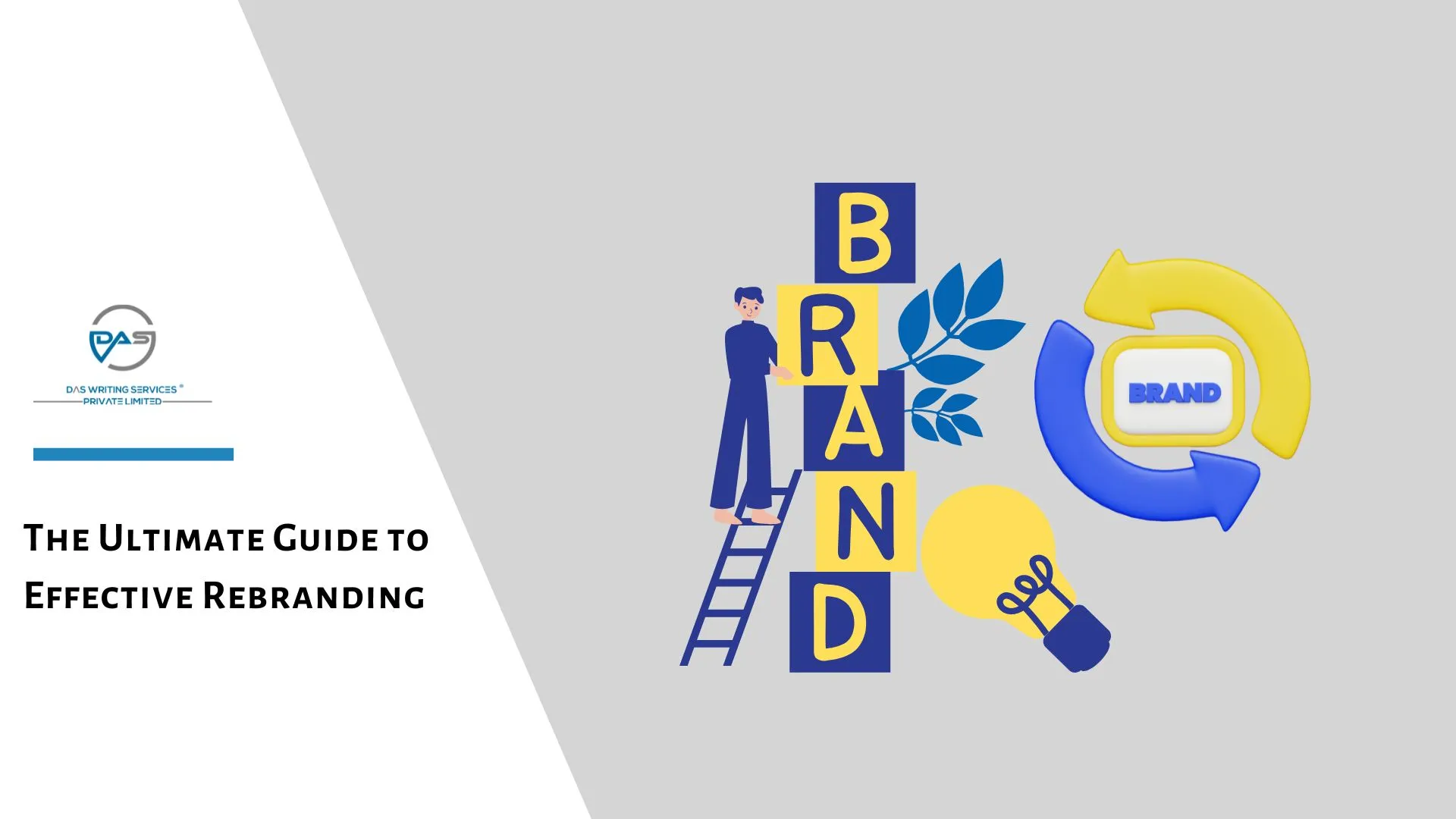
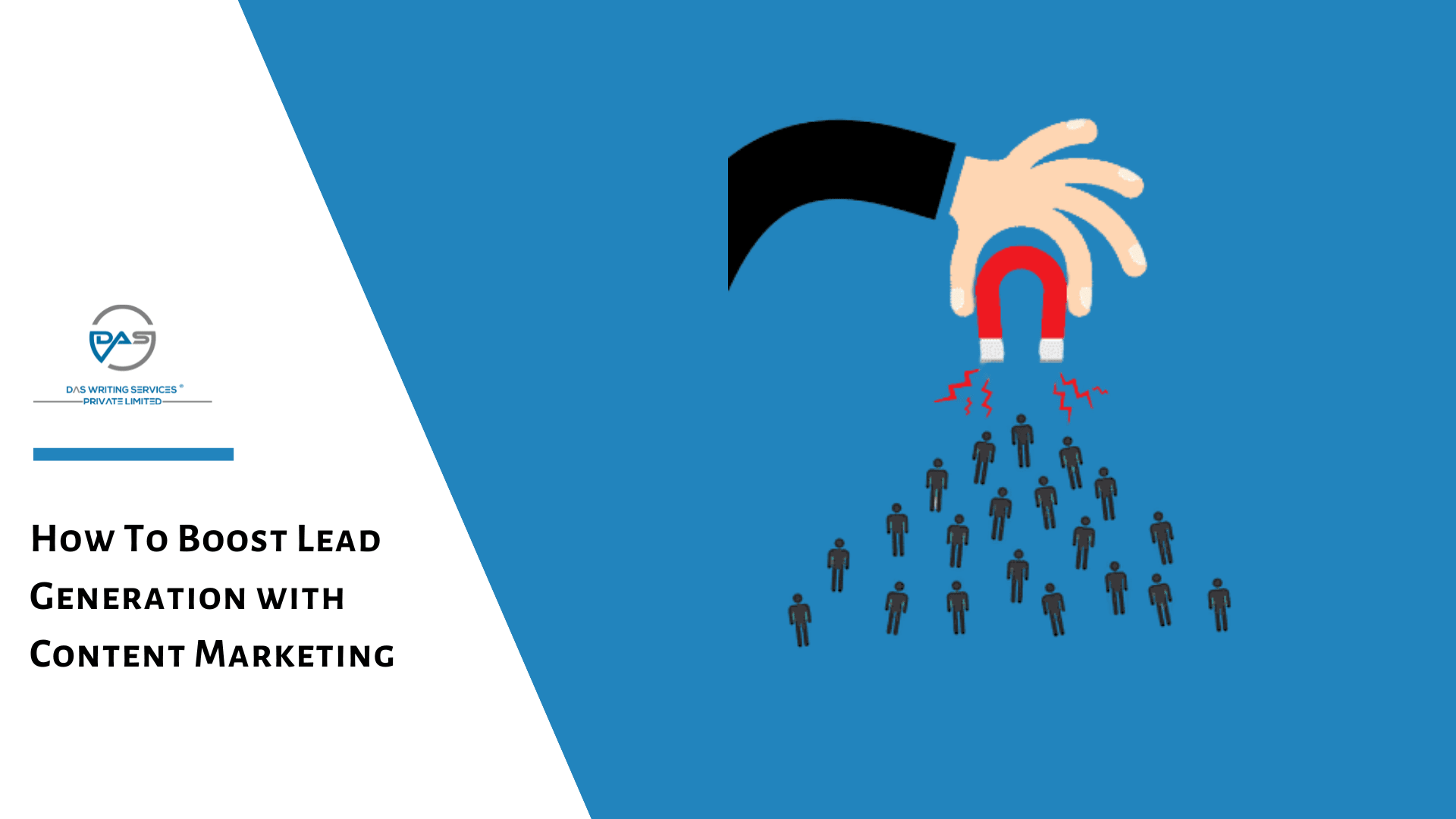
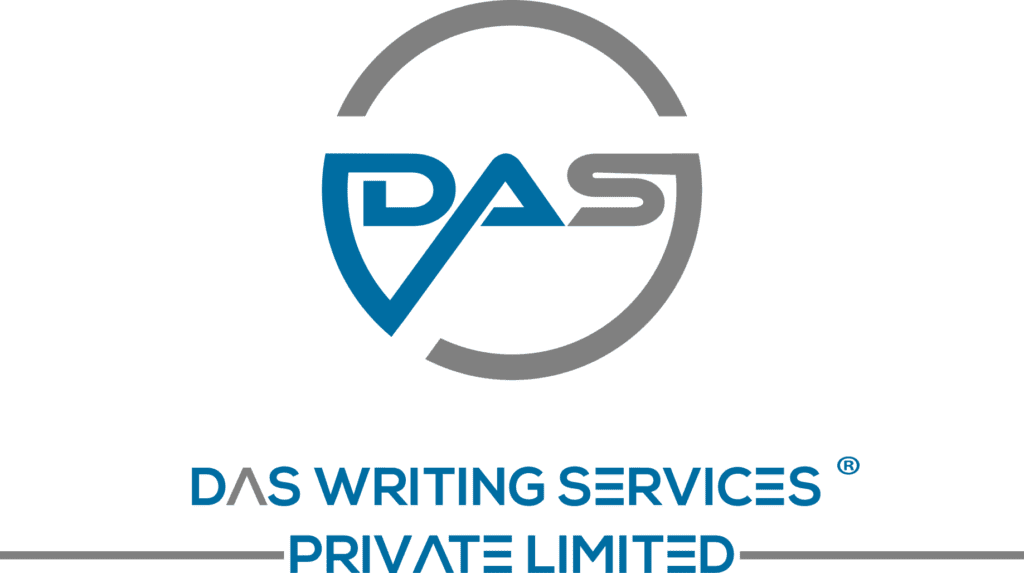
Leave a comment
All comments
Axel Krajcik
Your blog is a treasure trove of valuable insights and thought-provoking commentary. Your dedication to your craft is evident in every word you write. Keep up the fantastic work!
Noemy Ernser
Wonderful beat I wish to apprentice while you amend your web site how could i subscribe for a blog web site The account aided me a acceptable deal I had been a little bit acquainted of this your broadcast provided bright clear idea